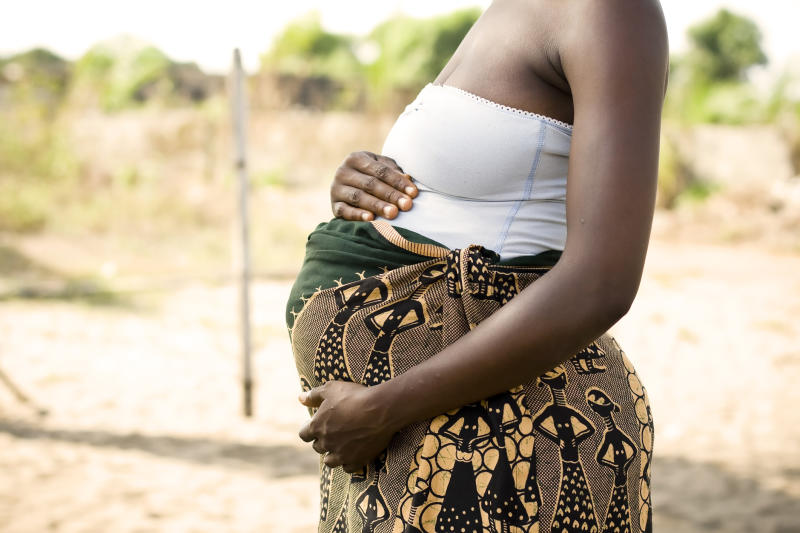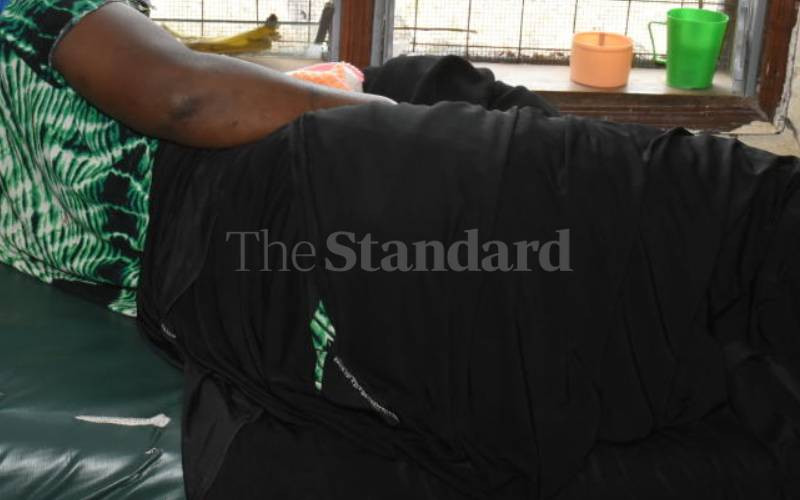
The health of pregnant women is at risk after some county public hospitals ran out of the life saving anti-malarial drug.
Josephine* is five months pregnant and for the last four months she has been forced to purchase anti-malarial drugs at a private pharmacy.
Nafula, who is HIV positive, is supposed to take one tablet of Septrine daily to prevent opportunistic infections as well as malaria. The drugs go for Sh720 per dose.
“The drug is very expensive and sometimes I go for days without taking the prescribed dose,” she says.
At Nyalenda slums in Kisumu County, Linda*, who is six months pregnant, has a fever. She says she has not been able to access Fansidar for the last three months.
The dose of three tablets goes for Sh150 and is taken once a month.
“Each time I visit the clinic, I am advised to buy the drug at a nearby chemist. But I cannot afford the drug and at the same time fend for my family,” she laments.
Ignore instructions
A spot check by Saturday Standard established that Kisumu, Siaya and Homa Bay counties ran out of the two essential drugs four months ago. The drugs shortage was occasioned by the withdrawal of The President’s Emergency Plan For Aids Relief (Pepfar) by the United States government last year.
The funding catered for purchase of Fansidar, Septrine and ARV drugs. Pepfar funding now covers only ARVs.
Health experts have raised the alarm over the risk malaria poses to mothers and their unborn babies.
The region is currently recording high malaria cases. In Kisumu, at least 60 per cent of patients have malaria.
At Jaramogi Oginga Odinga Teaching and Referral Hospital (JOOTRH), out of every 150 patients seeking treatment daily, between 50 and 60 are diagnosed with malaria.
Statistics at the Kisumu County department of health indicate an average of 37,000 pregnancies annually and an average of 10,000 pregnant women with HIV.
According to Section Head, Maternal and Newborn Health Studies at Kenya Medical Research Institute Hellen Barsosio, malaria, if left undetected and untreated in pregnancy, can cause aneamia and lead to loss of the baby.
“There is a possibility of increased premature births and low birth weight, in turn increasing the risk of early infant death, usually within the first month of life,” she explains. Barsosio says pregnant women need to be given a mosquito net, checked for fever and screened for malaria. If found positive they must be put on treatment.
She regrets that Covid-19 has affected malaria control among pregnant women, saying they are given tablets to take daily at home, but some ignore the instructions.
“Before Covid-19 we had time to observe them closely, but currently we are just hoping that they are following clinical advice on malaria prevention,” she says.
A pharmacist at JOOTRH who sought anonymity says the facility ran out of Fansidar and Septrine three months ago.
Kisumu County Director of Health Fredrick Oluoch admits that there has been erratic supply of the two drugs. He says the situation has severe negative implications to maternal health.
“We have had inconsistency in supply; some facilities are forced to buy the medicine for the clients,” Oluoch says.
Kenneth Bukachi of Kenya Medical Supply Agency advises counties to work on their ordering procedures and make the necessary adjustments to ensure they stock up the drugs.
“They should have a way of stocking up the drugs and if we don’t have the drugs in our stores they have a right to source for the drugs elsewhere as the policy states,” Bukachi said.
 The Standard Group Plc is a multi-media organization with investments in media platforms spanning newspaper print
operations, television, radio broadcasting, digital and online services. The Standard Group is recognized as a
leading multi-media house in Kenya with a key influence in matters of national and international interest.
The Standard Group Plc is a multi-media organization with investments in media platforms spanning newspaper print
operations, television, radio broadcasting, digital and online services. The Standard Group is recognized as a
leading multi-media house in Kenya with a key influence in matters of national and international interest.











